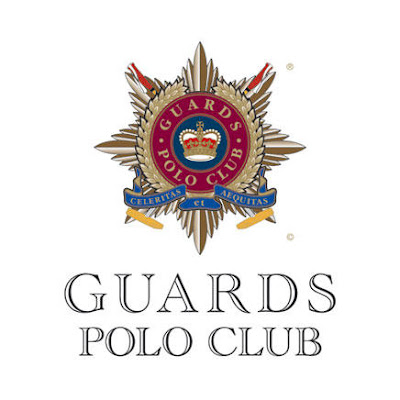Finally the long awaited wedding of William and Kate is upon us. Next Friday millions of loyal subjects around the empire, oops commonwealth, will be glued to their sets. A royal wedding- is there anything lovelier than a huge to do. Although The Daily Mail (whom we dislike in the strongest possible terms) and some other tabloids, are bemoaning the fact they they don't want tax payers to contribute to the wedding of the century and to one of the most glorious institutions of Britain, one which does more PR for Britain, does more personal charitable work than most misanthropic tycoons and has more charitable sway than other establishments, and one which visitors all over the globe flock to see. It is a shining light in the period of austerity and economic woe. If you can blow a billion on fireworks over Libya, what's a few million for bunting on the home front?



The Queen still commands the admiration of the British public, despite her family's rather modern exploits.


 Above: Annie Leibowitz's portrait of The Queen
Above: Annie Leibowitz's portrait of The QueenWe have met Her Majesty several times over the years...






and which double as convenient cake covers to protect One's petit fours from butterflies when out on a picnic...





Below: Princess Anne (background not foreground).


Yet her daughter is the stunning Zara Philips, Equesterian extraordinare and face of Rolex Oyster Perpetuals...

Second Take - No It's not Professor Higgins and Eliza Doolittle, it's Zara and her uncle Charlie!...


However, other members are unforgettable (an unfortunately irrepressible): Fergie, mother of Princesses Beatrice and Eugenie, and ex-wife of HRH Prince Andrew, The Duke of York.

Customs - The inexplicable way We do things, even, no especially when it takes twice as long and complicates matters, and even better when there is livery and regalia involved.
Traditions - Like customs, but with less regalia and more tea.
Sense of Humour - There is nothing like a British wit. Call it cynical, call it dry, call it cruel. If you don't understand it don't panic, it is just over your head.
Eccentricity - The word we use to describe being weird. Unlike being weird, being eccentric is not a bad thing, in fact, some people strive towards it (c.f. the Royals, the C.of E., the Bloomsbury set, the Oxbridge set, the Badger cette).
The Language... Spoken by the Queen, and until ca. 1960, most of her subjects.
Regional dialects... A way of telling who's related to whom.
A sense of Decorum and Propriety - something in fast decline, along with the language and the manners and the customs etc. etc. etc.
For others out there who may just be a little anglophilic, here are some other blogs to check out...
























































































